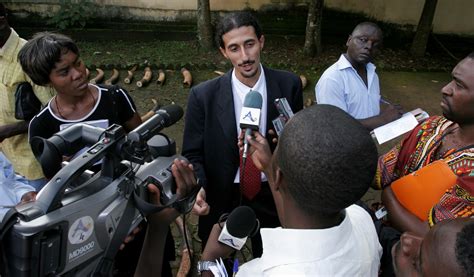A Quote by Yaya Toure
My biggest concern and main engagement with UNEP is focused on endangered species and illegal wildlife trade - mostly elephants, rhinos, etc.
Related Quotes
We have a very old conservation movement, particularly in the United States, which has focused on campaigns to protect endangered species: the spotted owl, the old-growth forest. But usually it stops there. To me, biodiversity is the full spectrum. Species conservation is not only about wilderness conservation. It?s also about protecting the livelihood of people even while changing the dominant relationship that humans have had with other species. In India, it?s an economic issue, not just an ecological one.




































